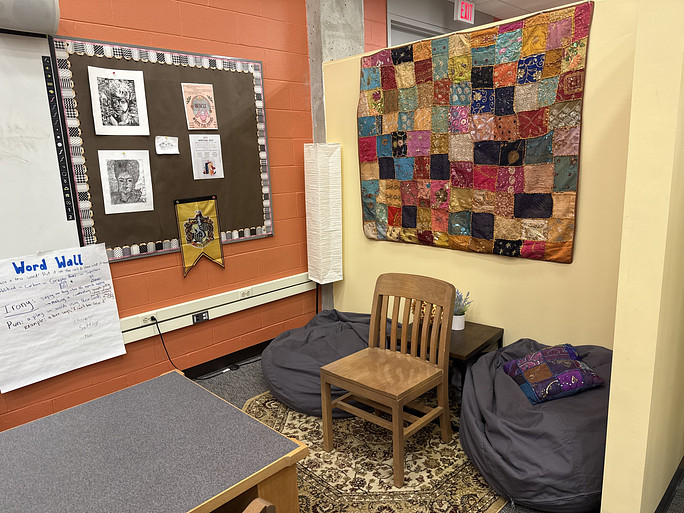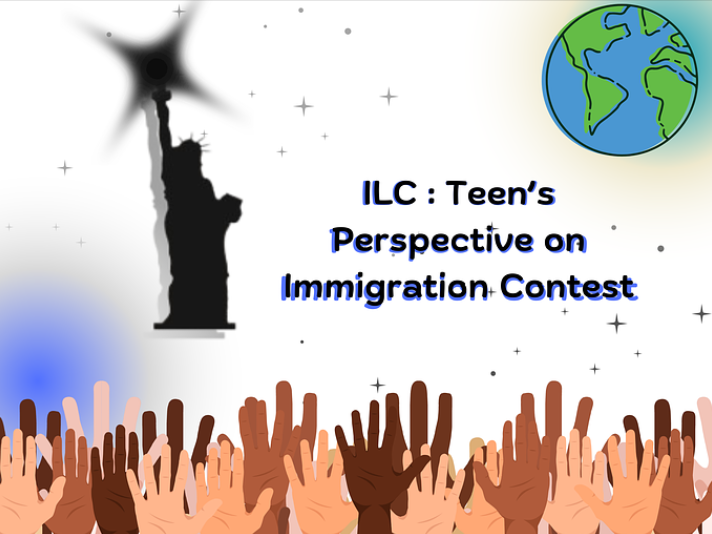Catalonia is a region in Spain, rich with culture and history. Known for having its own language, distinguishable culture, its own government, and home to its capital, Barcelona, Catalonia remains a popular attraction for tourists. Catalonia is also responsible for 20% of Spain’s economy, since it produces 25% of Spain’s exports and contributes more in taxes than any other region. Lately, the beautiful region has been experiencing a great deal of political tension.
2017 was not the only turbulent year in politics for Catalonia, due to the haunting past of Catalonia and the rest of Spain. Spain experienced a civil war, named the Spanish Civil War, between the Nationalists and the Republicans from July 17, 1936 to April 1, 1939. Francisco Franco, general of the Spanish army, won the war, and for 36 years, 1939 to 1975, Catalonia, like the rest of Spain, was under Francisco Franco’s ruthless dictatorship. Franco’s regime suppressed the region of Catalonia, which did not allow it to fully blossom. After Franco’s death in November 20, 1975, Spain slowly rose above the ashes and leaned towards establishing a democracy. The transition into democracy allowed Spain to join groups such as the European Union and NATO.
However, Catalonia started to feel the need to separate from Spain and to become an independent country, and the movement started to gain momentum around 2010, even though the issue has been around since the Franco era. The Catalan government decided to hold a referendum on October 1, 2017. The vote to separate from Spain held the majority of the votes, with 92% of the vote. However, this cannot represent all of Catalonia, due to the low voter turnout, with only 43% of the population voting.
The central government remained adamant on their opposition towards the referendum, and unfortunately, on the day of the referendum, the Spanish government sent police to the region, and the police ended up displaying an extreme brutality on Catalan citizens as an attempt to block the vote. The Spanish police ended up injuring 844 civilians. Half of all injuries occurred in Barcelona.
The Catalan government condemned the unjustified violence, but the Spanish government defended the actions of the police, due to them previously declaring the referendum “illegal”. The referendum was ultimately struck down by Spain’s top court on the basis that the vote was unconstitutional. The vote was unanimous between the twelve judges, and the referendum became void.
If Catalonia were to become independent, the results would not be satisfactory. So far, no country has officially declared support for Catalonia’s desire for independence, and it is highly unlikely the European Union would allow Catalonia to remain in the bloc. Not being accepted into the EU could lead to a raise in costs for imported goods, which could result in job losses and increase unemployment and poverty. Spain could have an economic crisis due to how Catalonia holding 20% of its economy.
Despite the possible consequences, a plethora of Catalans still advocate for their country’s independence. The desire for independence is not anything new; our country would not be what it is now if it were not for that desire. To try to suppress that and use violence to attack that desire is, in simplest terms, wrong, no matter the possible consequences.




